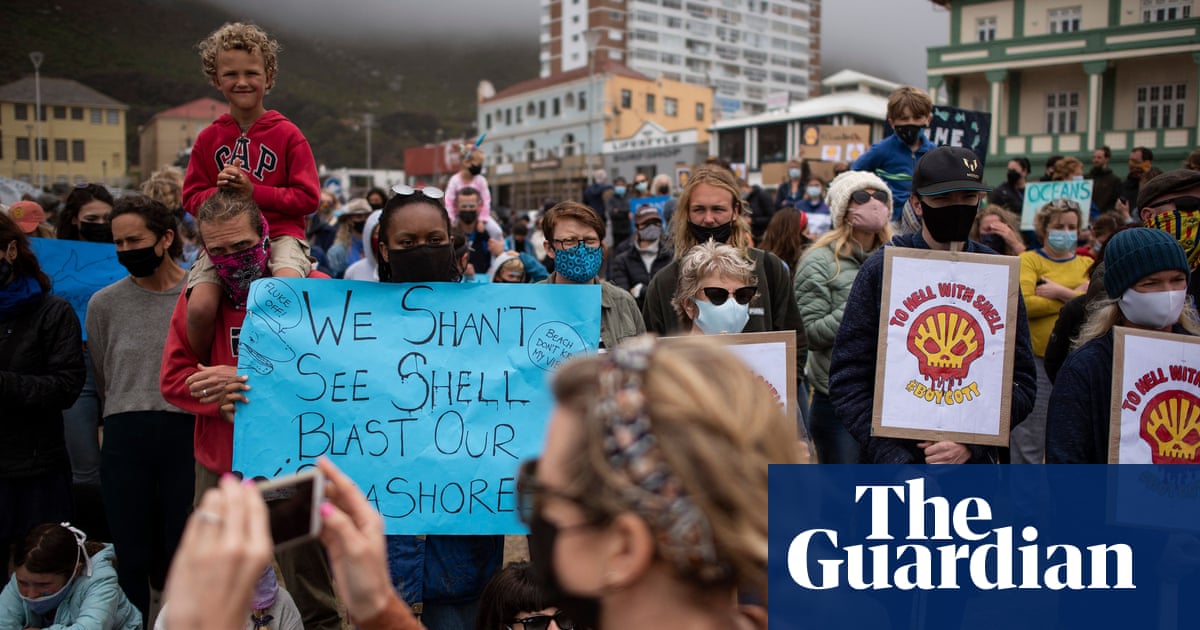World’s biggest economies pumping billions into fossil fuels in poor nations
World’s biggest economies pumping billions into fossil fuels in poor nations The Guardian


The G20 Continues to Finance Fossil Fuels Despite Climate Commitments

The world’s biggest economies have continued to finance the expansion of fossil fuels in poor countries to the tune of billions of dollars, despite their commitments on the climate.
The G20 group of developed and developing economies, and the multilateral development banks they fund, put $142bn (£112bn) into fossil fuel developments overseas from 2020 to 2022, according to estimates compiled by the campaigning groups Oil Change International (OCI) and Friends of the Earth US.
Canada, Japan, and South Korea were the biggest sources of such finance in the three years studied, and gas received more funding than either coal or oil.
The G7 group of biggest economies, to which Japan and Canada belong, pledged in 2022 to halt overseas funding of fossil fuels. But while funding for coal has rapidly diminished, finance for oil and gas projects has continued at a strong pace.
Some of the money is going to other developed economies, including Australia, but much of it is to the developing world. However, richer middle-income countries still receive more finance than the poorest.
The most recent G7 pledge, in the study, is to phase out all overseas fossil fuel funding by the end of 2022. The OCI study concentrates on the period from the beginning of the fiscal year of 2020-21 for each country, to the end of the fiscal year of 2022-23.
However, the researchers also found that Japan had continued to make new fossil fuel investments overseas in the past few weeks, up to mid-March 2024, exploiting loopholes in its promise to end fossil fuel funding.
The World Bank provided about $1.2bn a year to fossil fuels over the three-year period, of which about two-thirds went to gas projects.
The US, Germany, and Italy also provided billions in funding a year to overseas fossil fuel projects before the end of 2022-23, according to the report published on Tuesday. The UK supplied about $600m a year on average.
Canada supplied just under $11bn a year on average, in the 2020-22 period studied, while South Korea put forward $10bn and Japan about $7bn.
Over the same three-year period, the G20 economies put about $104bn into clean energy developments overseas, according to the report.
Emphasis on Sustainable Development Goals (SDGs)
- Goal 7: Affordable and Clean Energy
- Goal 13: Climate Action
Claire O’Manique, a public finance analyst at OCI, said: “While rich countries continue to drag their feet and claim they can’t afford to fund a globally just energy transition, countries like Canada, Korea, Japan, and the US appear to have no shortage of public funds for climate-wrecking fossil fuels.
“We must continue to hold wealthy countries accountable for their role in funding the climate crisis and demand they move first and fastest on a fossil fuel phase-out, to stop funding fossil fuels, and that they pay their fair share of a globally just transition, loss and damage, and adaptation finance.”
Makiko Arima, a senior finance campaigner at OCI, called on Japan particularly to stop supporting fossil fuels. Japan has lobbied behind the scenes to stop G7 countries adopting a stronger stance on fossil fuels and theguardian.com

Join us, as fellow seekers of change, on a transformative journey at https://sdgtalks.ai/welcome, where you can become a member and actively contribute to shaping a brighter future.







